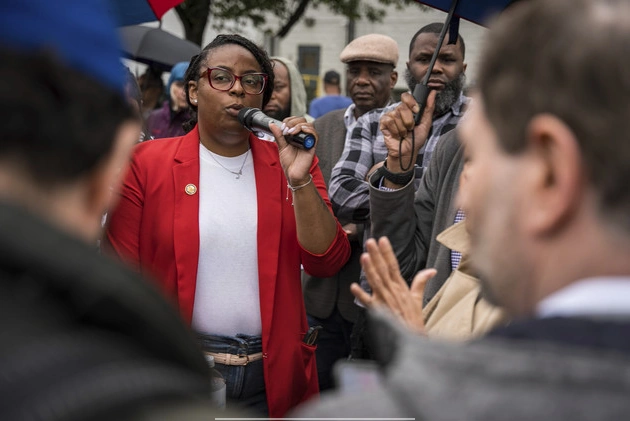
Trump’s DOJ Prosecutions and Constitutional Boundaries
During the Trump administration, the Department of Justice launched prosecutions against officials from other branches of government, challenging the traditional boundaries of power separation.
One such case involved a Wisconsin judge accused of aiding an undocumented immigrant’s escape from a courthouse. Another case targeted a New Jersey lawmaker charged with assault outside an immigration detention center.
These actions are seen as part of Trump’s aggressive stance on immigration, testing the limits of presidential authority and sparking constitutional debates.
Legal Immunity Under Scrutiny
Judges and lawmakers typically enjoy broad immunity from criminal charges related to their official duties. However, the prosecutions of Judge Hannah Dugan and Rep. LaMonica McIver signal a shift in this longstanding practice.
Experts view these cases as a deliberate strategy to assert presidential power and enforce immigration policies despite opposition from the judiciary and Congress.
Political Backlash and Legal Challenges
Trump’s supporters argue that these prosecutions are necessary to uphold law and order, especially in the realm of immigration enforcement. Critics, on the other hand, view them as politically motivated attacks on dissenting voices.
The clash between the executive branch and other government branches reflects a broader struggle over the interpretation of constitutional powers and the scope of executive authority.
Implications for the Future
As these legal battles unfold, the implications for the balance of powers within the government remain uncertain. The aggressive tactics employed by the DOJ under Trump’s administration may set precedents that impact future interbranch relations.
Observers note that the confrontations between the White House and the judiciary signal a new chapter in the dynamics of governance, with potential long-term consequences on the separation of powers.











